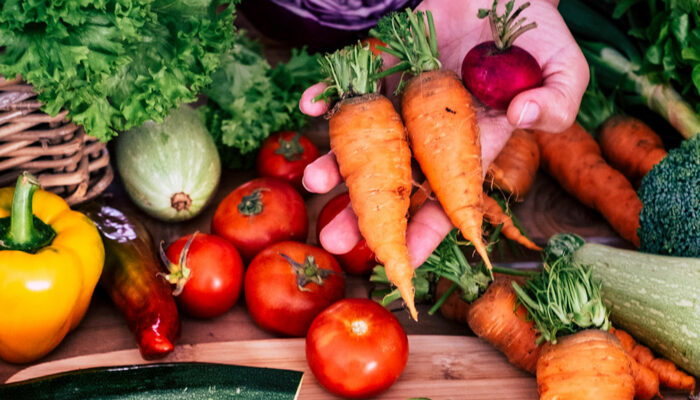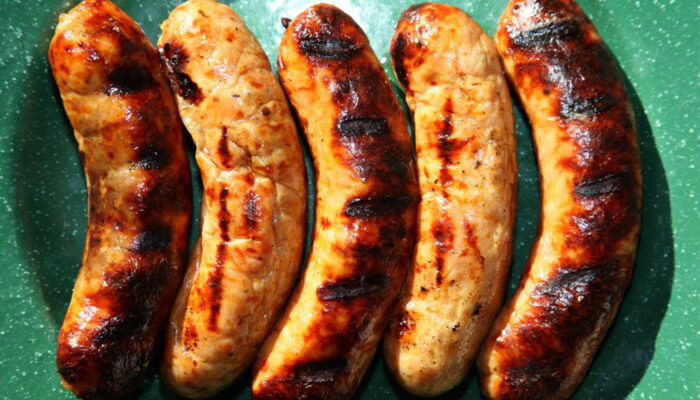
Suitable Diets for Diabetes Patients
When diagnosed with diabetes, the first thing you need to do is modify your diet. Formulate meal plans that include wholesome, nutritious foods to keep your blood glucose levels stable. Also, remember that reducing stress and following a regular exercise and physical activity routine is as essential for diabetes as following a healthy diet. The foods you choose to have should help you maintain a healthy weight decrease the risk and severity of this condition. Here are three diet types most suitable for diabetes patients.
Mediterranean Diet
A study conducted by the American Diabetes Association on the Rationale for the Use of a Mediterranean Diet in Diabetes Management confirms that the Mediterranean diet improves control over glycemic index and also reduces the risk of cardiovascular diseases.
In this diet, a wide range of vegetables is either eaten raw or cooked. It includes, but is not restricted to, okra, lemons, onions, peas, cabbage, carrots, beetroot, artichokes, zucchini, aubergines, tomatoes, peppers, rocket, lettuce, spinach, and sweet potatoes. Fresh fruits that are part of the Mediterranean diet include grapes, melons, figs, dates, pears, peaches, oranges, olives, tangerines, grapefruits, and pomegranates.
Common whole grains and its products used in this diet are oats, barley, buckwheat, polenta, bulgur, millet, and rice, pasta, bread, and couscous. These provide the necessary carbs. Also, plenty of legumes, seeds, and the occasional eggs, fish, poultry, and red meat take care of the protein requirements in this super healthy diet.
Diabetic people consuming fats from mozzarella and feta cheese, a variety of nuts, olive oil, and fresh yogurt in this diet manage their blood glucose levels better without medication.
Consuming plenty of fresh foods than processed ones, whole grains, and more plant-based nutrients than relying on animal sources, more calories from carbohydrates than from saturated fats, and reduced sweets not only lowered the need for diabetes medication but also better managed blood sugar and reduced risk of heart diseases.
DASH Diet
The dietary approaches to stop hypertension (DASH) diet focussed on managing hypertension. However, it helps people with diabetes also by improving resistance to insulin and managing obesity.
The DASH diet promotes the consumption of all kinds and colors of vegetables, whole fruits, whole-grains, and fish, poultry, seafood, eggs, legumes, nuts, and seeds for proteins, and fat-free or low-fat dairy from animals or soy.
It is a diet plan that is rich in fiber, protein, potassium, calcium, and magnesium. The restriction is on foods containing saturated fat, trans fats, cholesterol, and sodium like full-fat dairy, fatty meats, full-fat dairy products, sweets, and sweetened beverages.
Nutritious, balanced, sustainable, and not requiring any additional supplements, the DASH diet is easy to follow for everyone, not just diabetics.
Vegan Diet
Since saturated fats are the #1 cause of Type 2 diabetes, removing animal products and heavily processed foods in a vegan diet helps people with a high risk of diabetes reduce their chances of developing this disease to a very low possibility.
A vegan diet includes an assortment of colorful fresh fruits, vegetables, whole grains, carbohydrates from rice, potatoes, oats, bread, and pasta, nuts, seeds, beans, pulses, and soy and its products as alternatives to milk from animals, dried fruits, and unsaturated oils.
The vegan diet is low in fats and is plant-based. Other than controlling diabetes, this diet, as a bonus, vastly reduced even the risk of heart disease, stroke, cancer, obesity, and hypertension.



